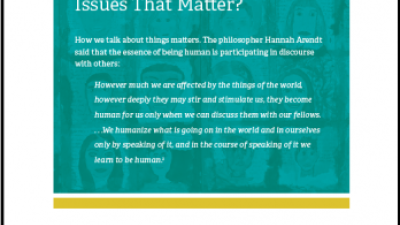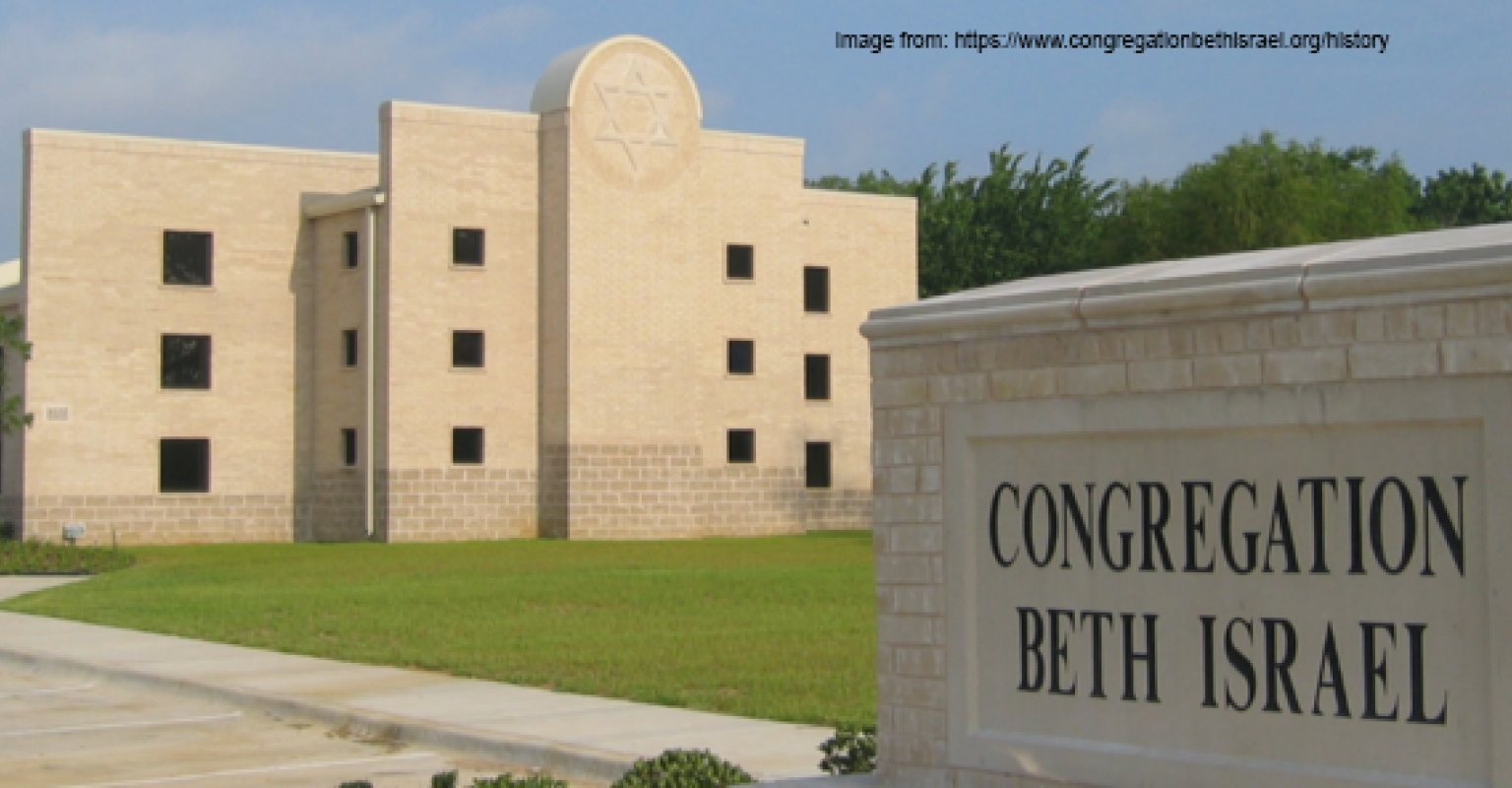
This is a resource that we featured in our CIVIC RESPONSIBILITY 2020 Collection.
The ideas and tools in this guide are designed to help you prepare your students to engage in civil discourse, whether you are teaching in-person, remotely, or transitioning between the two.
How we talk about things matters. The philosopher Hannah Arendt said that the essence of being human is participating in discourse with others:
However much we are affected by the things of the world, however deeply they may stir and stimulate us, they become human for us only when we can discuss them with our fellows... We humanize what is going on in the world and in ourselves only by speaking of it, and in the course of speaking of it we learn to be human.
- Civic Education
- Politics
- Supporting Individuals
- Supportive Conversations
- 3 - 5
- 6 - 7
- 8 - 12
- After School Programming
- Congregational Learning
- Day Schools and Yeshivas
- Family Engagement
- Teen Engagement
Discover more
This collection provides a select set of resources to support educators in leading conversation on the events at the U.S. Capitol on January, 6, 2021.

Resources for talking with children and teens about immigration, protest, and communal responsibility.

A guide to responding to the synagogue attack in Colleyville, TX.
